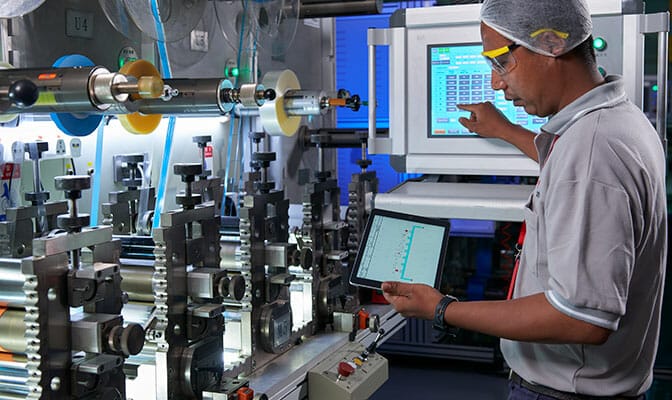The manufacturing industry faces a business environment of mounting volatility, uncertainty, complexity, and ambiguity, or VUCA. The VUCA acronym is used to describe situations that are difficult to understand, making it hard to predict the outcomes of any actions taken.
With business volatility clearly becoming the norm rather than a transient exception, developing superior enterprise-wide dexterity to swiftly counter unrelenting market complexity gains fundamental urgency.
In Malaysia, analysts think manufacturing exports, especially the electrical and electronic (E&E) products, which account for about 80% of Malaysia’s exports, will lift trade figures going into 2024, underpinned by the demand for semiconductors.
The organisations architecting comprehensive responsiveness throughout their systems, culture, and partners consistently outmanoeuvre competitors anchored in rigid operations and mindsets suited for past realities rather than the fluidity of today’s environment.
As the pace of change accelerates, business agility is taking centre stage. Manufacturers are moving beyond lean processes and incremental improvements to fundamentally transform their culture, systems, and talent. Agility is becoming a core competitive advantage rather than just a means to stability.
In 2024, the most successful manufacturers will be defined by their capacity to evolve swiftly in response to market volatility rather than optimise for steady-state efficiency.
Manufacturers now have access to a powerful toolkit of technologies like cloud business platforms that promise better, faster decisions and performance. Augmented intelligence solutions power decision-making with AI/ML for data-driven insights that enhance productivity and agility.
The same organisational insights that once required a data scientist can now be seamlessly integrated as a service. However, adopting these tools does not automatically enable organizational agility or competitiveness. Manufacturers must focus first on clearly defining core problems and opportunities, then select technologies that will improve productivity, decision velocity, and experience.
Cloud computing forms the critical foundation for organisational agility. By providing on-demand access to computing resources, the cloud enables rapid scalability to handle spikes in workload.
Transitioning to cloud-based infrastructure provides an essential catalyst for rapid transformations in manufacturing by dissolving once-formidable legacy barriers around capital allocation constraints and prolonged hardware procurement cycles.
The Cloud unlocks new degrees of flexibility and versatility through on-demand access and automatic updates that ensure the latest and greatest features are available. By eliminating data silos and legacy software issues, the cloud provides manufacturers with the agility needed to scale up or scale down operations.
In 2024, the leaders in manufacturing excellence will have data-driven frameworks to quantify how technology investments link to business impact. They will establish clear target outcomes during planning to enable progress measurement post-launch. Tracking relevant productivity and satisfaction metrics will ensure new tools facilitate desired transformations rather than operate as isolated technical implementations.









